By a 5 to 2 margin, the Nebraska Supreme Court voted to block medical marijuana legalization from the state's November ballot, basically ending any legalization initiative until at least 2022.
For several months, it seemed as though voters would truly have the opportunity to decide the new law, no small achievement in a deeply red state such as Nebraska. But, in the end, zealous opponents prevailed as did Governor Pete Ricketts (R) , a committed opponent of any type of marijuana legalization.
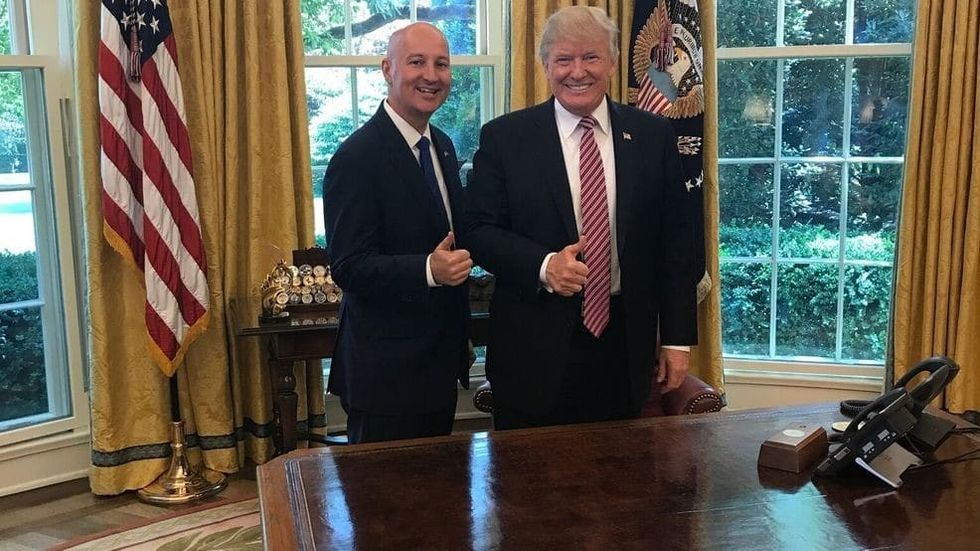
In 2016, the state's proposed medical marijuana measure named "The Compassion and Care Act" was blocked by republican senate filibuster after encountering "stiff opposition" by Ricketts. For the 2020 measure, the Nebraska governor's misinformed rhetoric gave legalization opponents renewed enthusiasm to launch a last minute assault on the Nebraskans' right to vote.
There is no such thing as medical marijuana. This is not something that would be prescribed by a doctor. It’s not going to be distributed through a pharmacy. These are dispensaries that would be in your communities.”
Nebraska Governor Pete Ricketts (R)
Ricketts added that in other legalized states, people show up to work “stoned” and are at greater risk for accidents on the job. He has also stated that access to marijuana puts children at greater risk for cognitive disorders, not citing any corroborating evidence.
If the measure had been approved by voters, the law would have allowed patients 18 and older suffering from debilitating conditions to access and use medical marijuana when recommended by a physician or nurse practitioner. Patients would then have been allowed to possess, purchase and “discreetly” cultivate marijuana for personal use.
A February 2017 poll showed 77% of likely voters favor allowing doctors to prescribe medical marijuana to patients with serious illnesses or conditions.
What happened to cannabis legalization in Nebraska?
Earlier this year, the advocacy group Nebraskans for Medical Marijuana (NMM) powered through the COVID-19 pandemic and legally collected enough signatures to put the measure on the ballot. Nebraska Secretary of State Bob Evnen agreed saying that the organization had enough valid support to qualify for the November ballot.
Then, Lancaster County Sheriff Terry Wagner (R) filed a legal challenge with Evnen's office arguing that the initiative violated state rules requiring ballot measures to focus on a single question. Lancaster County is the home of the state capital, Lincoln, and the governor.
Wagner argued the measure posed two separate questions: whether residents should have the right to use marijuana for medical purposes, and whether private companies should be allowed to grow and sell it.
The state's supreme court took up the Wagner's challenge and released its final opinion last week.
If voters are to intelligently adopt a State policy with regard to medicinal cannabis use, they must first be allowed to decide that issue alone, unencumbered by other subjects. We reverse the Secretary of State’s decision and issue a writ of mandamus directing him to withhold the initiative from the November 2020 general election ballot.
MMJ Conclusion, Nebraska Supreme Court
“I respect the rule of law and I will certify the ballot in compliance with the Court’s orders,” Evnen added.

NMM, the group that petitioned to place the measure on the ballot, said they are “absolutely devastated” that voters will not have a chance to decide on the issue in November.
“Nothing changes the fact that an overwhelming majority of Nebraskans stand with the patients and families who deserve compassion and safe access to medical cannabis,” the campaign said in a Facebook post. “We will be regrouping and updating you all soon with plans for our next steps.”
“This is an outrageous and deeply flawed decision by a group of activist judges. This ruling means that sick and suffering medical marijuana patients, including veterans, will continue to be criminals in Nebraska when they try to live healthier lives,’ Matthew Schweich, deputy director of the Marijuana Policy Project, said in a press release
This ruling tramples on the constitutional rights of over 190,000 Nebraskans who signed the petition and deprives the voters of Nebraska of their opportunity to decide this issue at the ballot box.
Matt Schweich, Marijuana Policy Project
NMM expects their state legislature to bring a bill to legalize medical cannabis to the floor in January, 2021 and is garnering support on their Facebook page.
Unfortunately, the term of Governor Ricketts does not end until January 5, 2023.
WANT MORE? Sign-Up for The Bluntness Newsletter for Your Weekly Dose of Cannabis News.







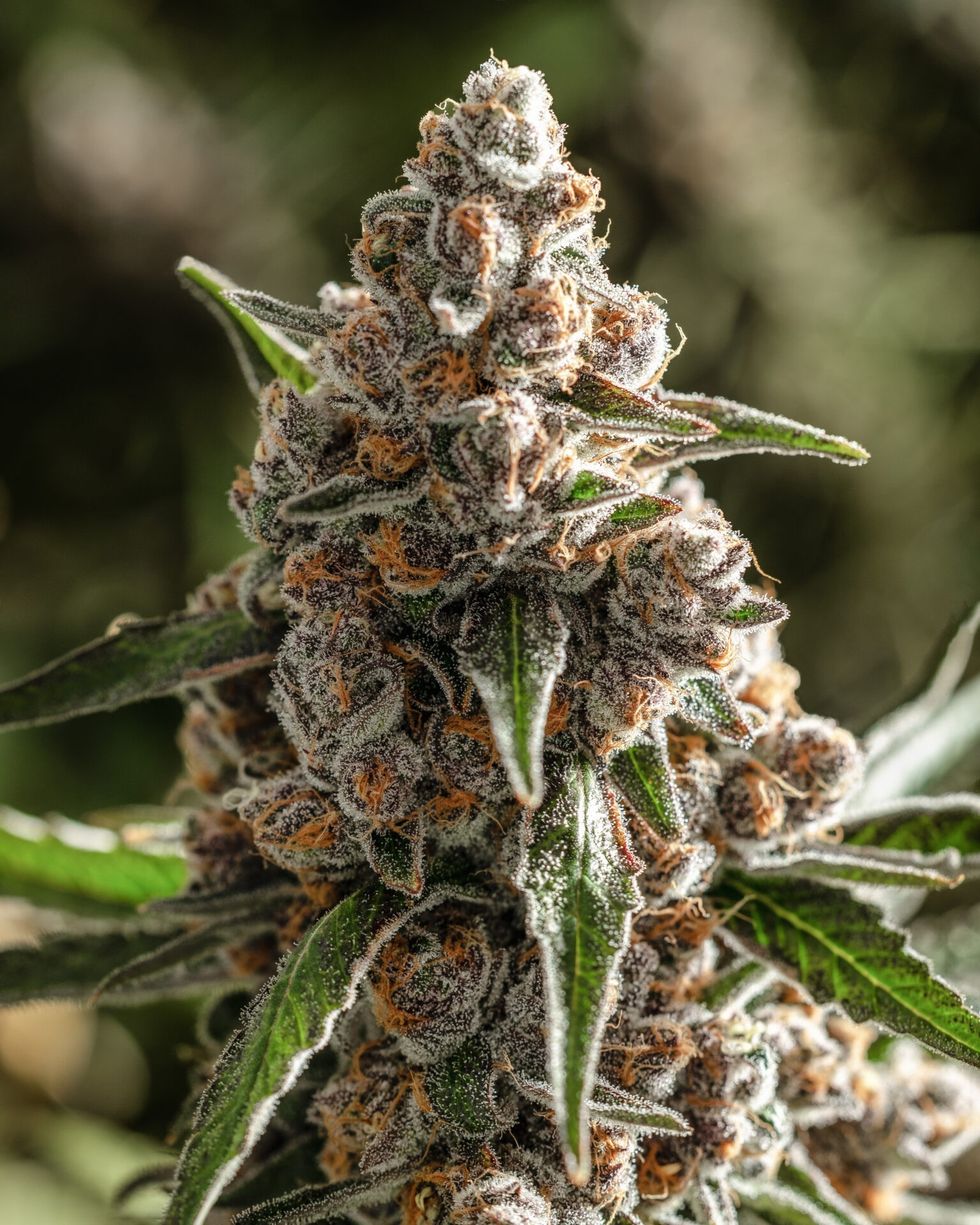 Super Boof Strain: 2024 Strain of the Year - The Bluntness
Super Boof Strain: 2024 Strain of the Year - The Bluntness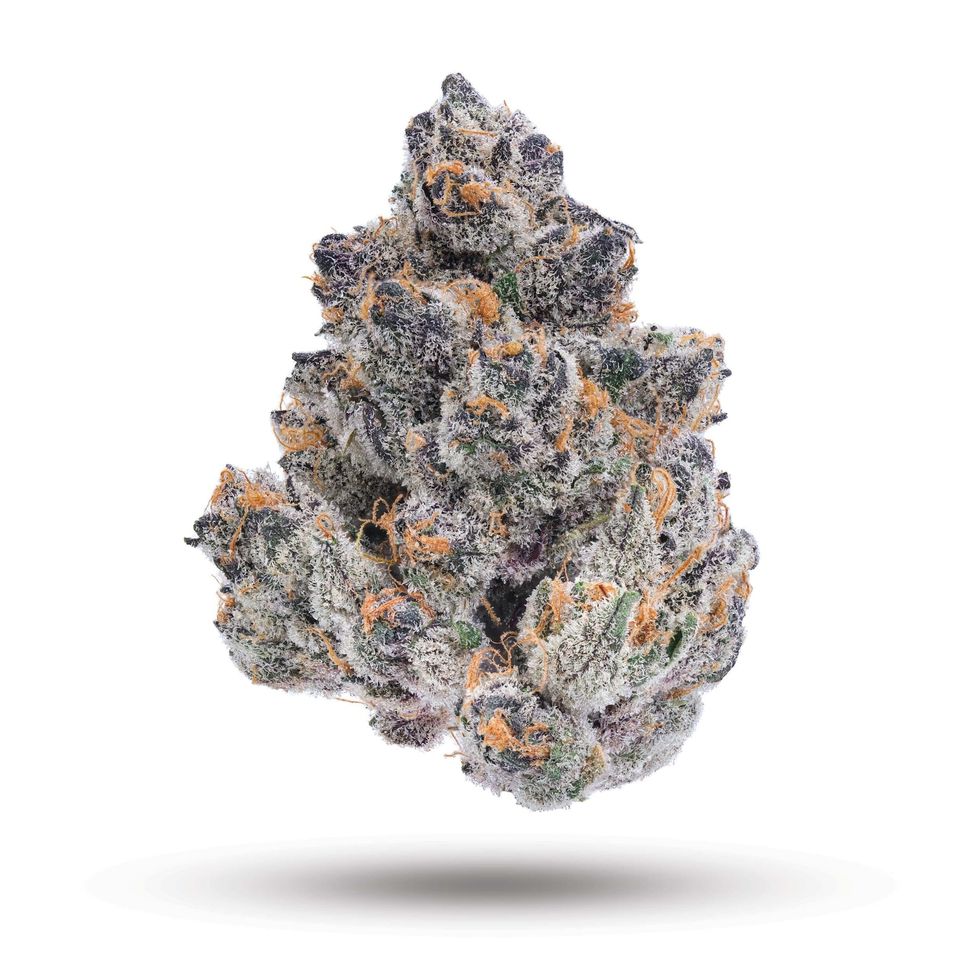 Super Boof Strain: 2024 Strain of the Year - The Bluntness
Super Boof Strain: 2024 Strain of the Year - The Bluntness








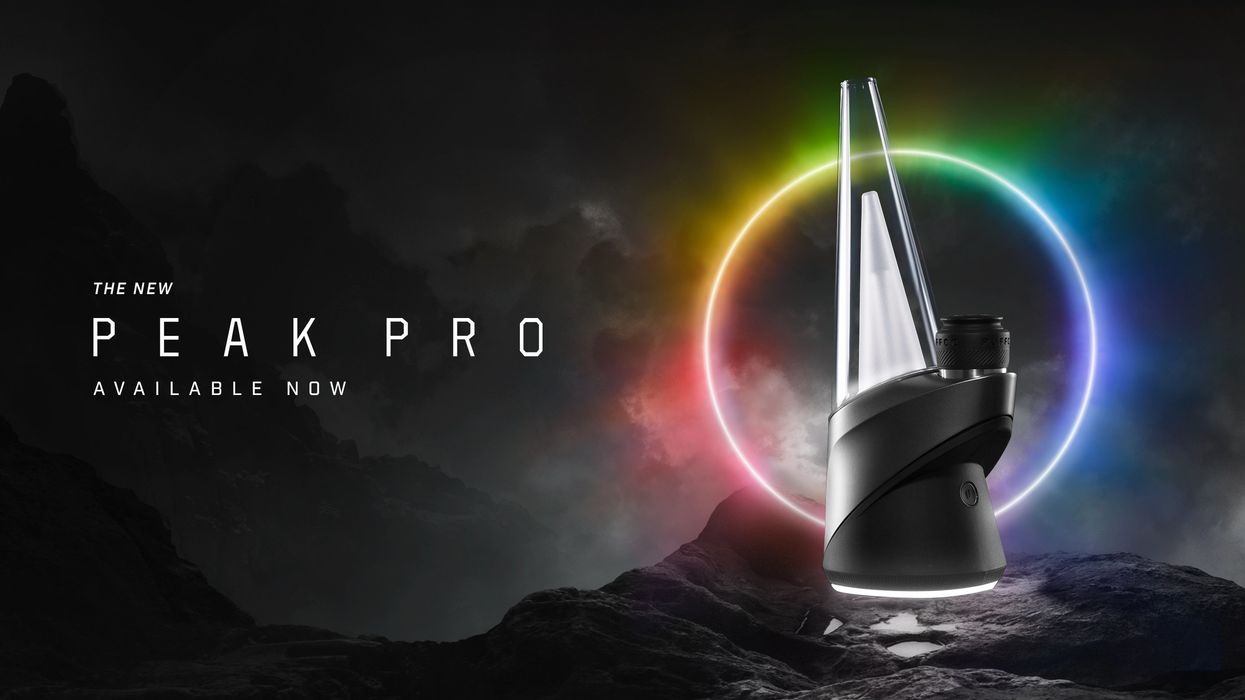
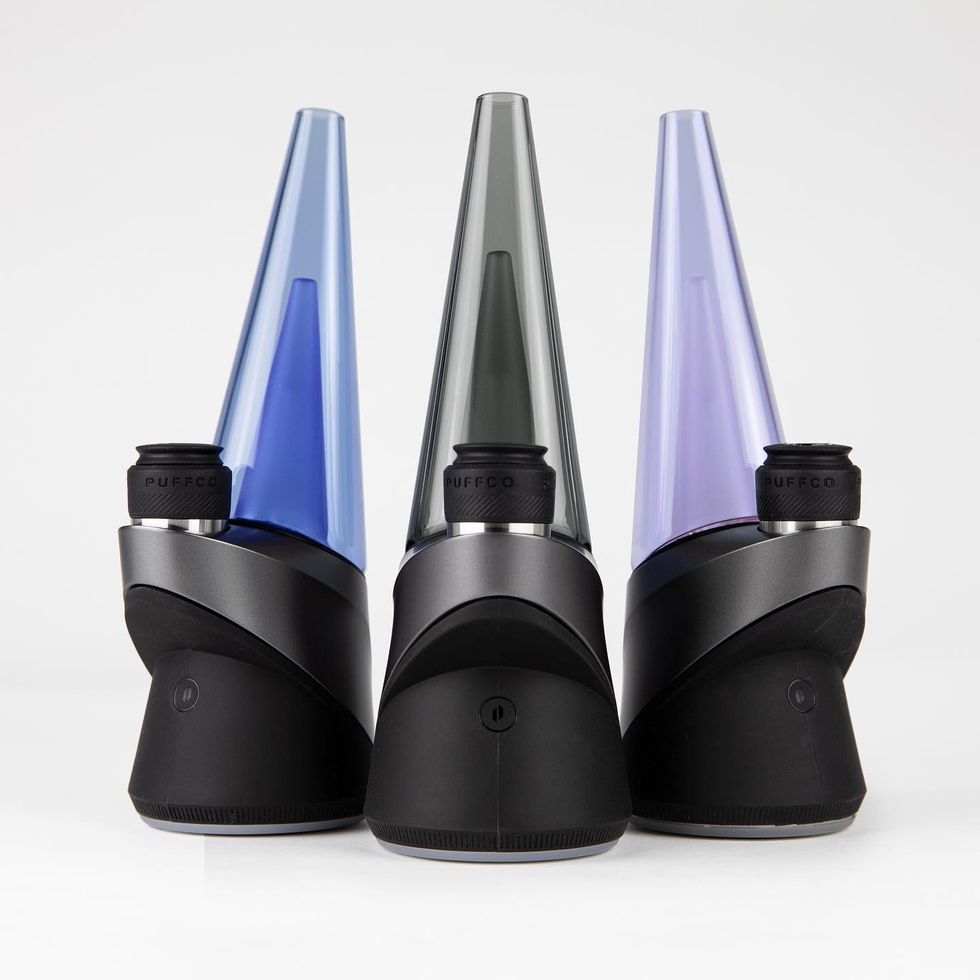 The Puffco Peak Pro brings style and ease to cannabis dabbing.Image from Puffco on Facebook
The Puffco Peak Pro brings style and ease to cannabis dabbing.Image from Puffco on Facebook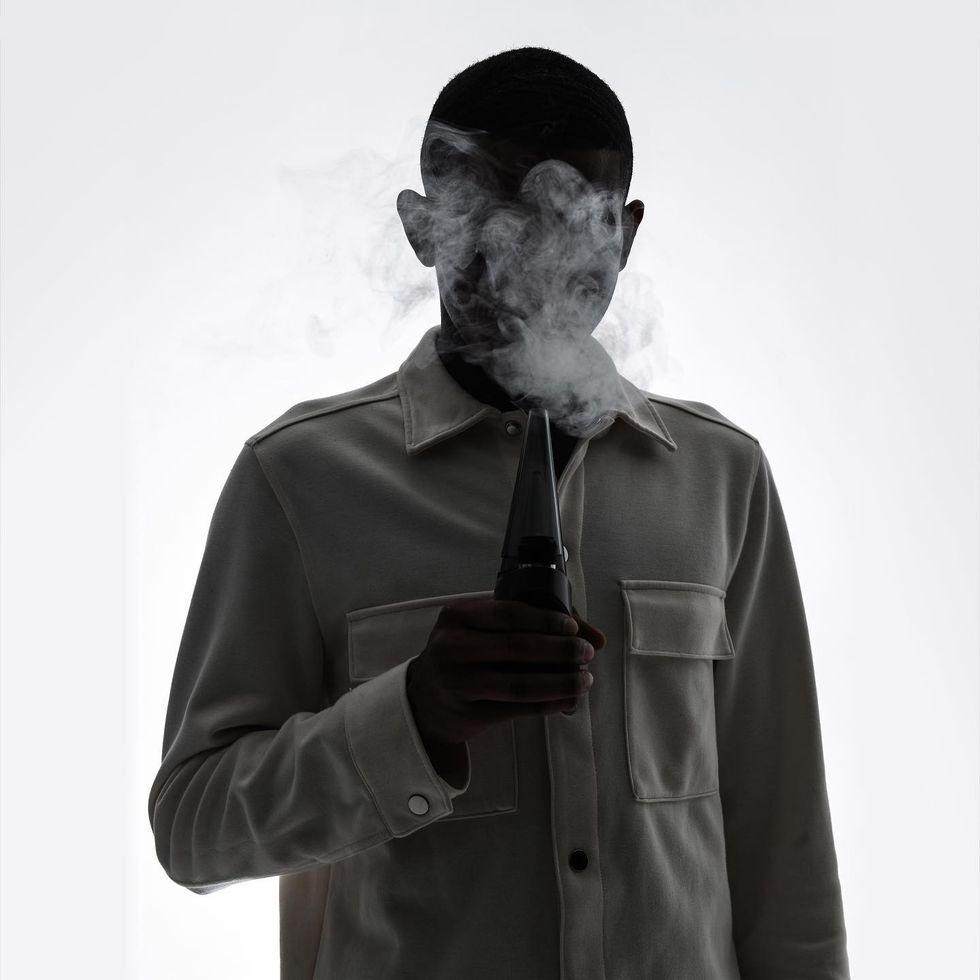 The Puffco Peak Pro is easy to hold AND easy to use.Image from Puffco on Facebook
The Puffco Peak Pro is easy to hold AND easy to use.Image from Puffco on Facebook The Puffco Peak Pro allows you to appreciate cannabis and innovation at the same time.Image from Puffco on Facebook
The Puffco Peak Pro allows you to appreciate cannabis and innovation at the same time.Image from Puffco on Facebook
 What will you do with that cannabis kief collection? - Make Coffee! The Bluntness
What will you do with that cannabis kief collection? - Make Coffee! The Bluntness DIY: How to Make Kief Coffee - The Bluntness
Photo by
DIY: How to Make Kief Coffee - The Bluntness
Photo by 